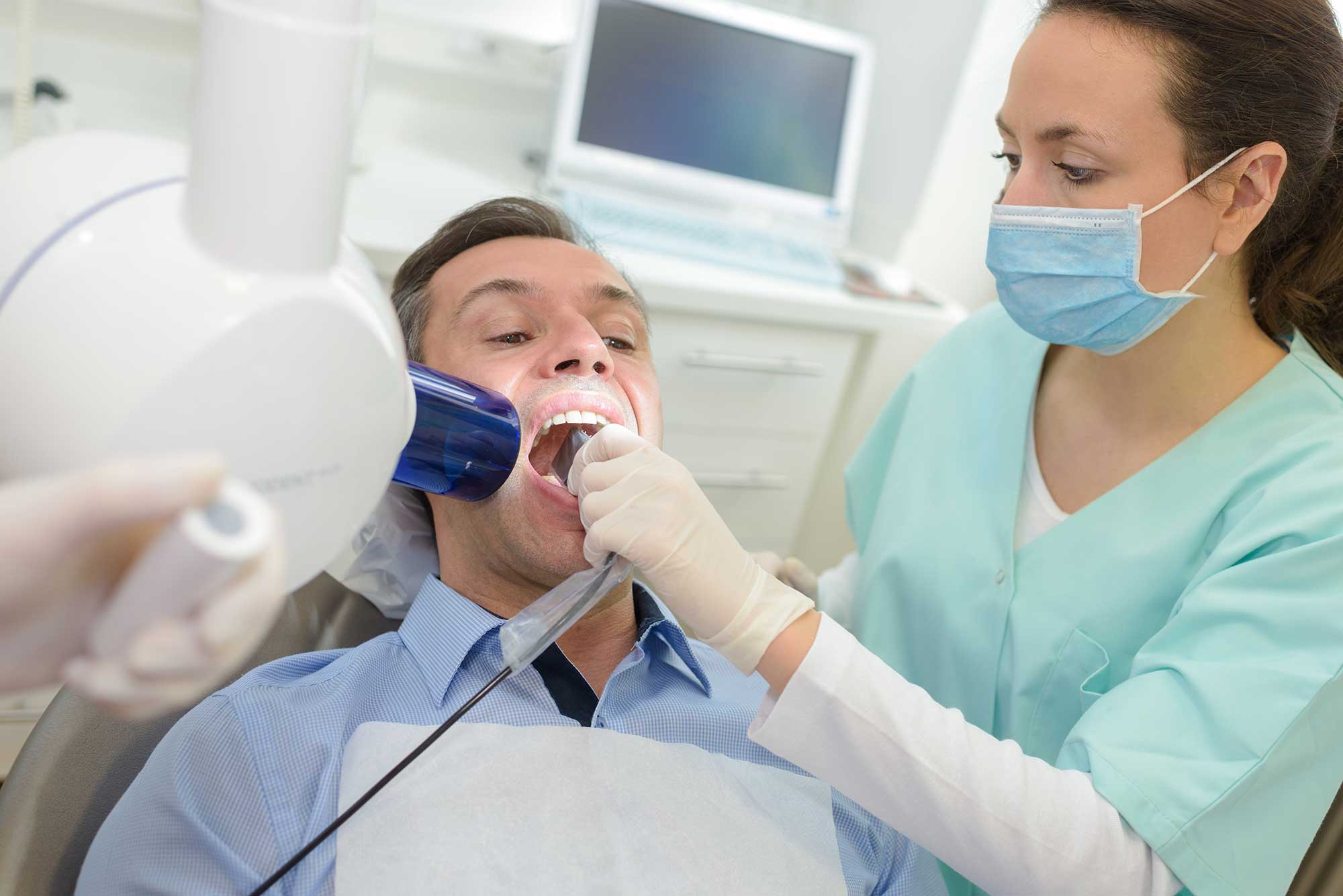 19 Nov 2020
19 Nov 2020 If you’re experiencing severe tooth pain, it’s a sure sign that the nerve of a tooth or surrounding a tooth is irritated. This pain may occur after a tooth is extracted or when the nerve of a tooth is damaged, the latter of which can be caused by a number of dental problems. To prevent your intense tooth pain worsening or spreading to other parts of your mouth, it is recommended you get in touch with a dentist as quickly as possible. To help you work out the cause of your severe tooth pain, we’ve compiled a quick guide on the common reasons behind severe tooth pain and possible treatments.
Have a really bad toothache? Contact our emergency dental services today for immediate treatment with a dentist North Brisbane.
What is a toothache?
A toothache is a pain associated with the teeth or tissue surrounding the teeth. It can be as minor as slight gum irritation caused by spicy foods, or as severe as a dental abscess that requires immediate toothache treatment.
What else are signs of a tooth problem?
In addition to constant tooth pain, the following symptoms may be a sign you have a dental problem:
- Pain when you eat
- Pain when you eat something hot or cold
- Sensitive teeth
- Bad taste or smell in the mouth
- Gum swelling
- Pus from gums or teeth
- Fever
- Redness
How with a dentist find the cause of my intense tooth pain?
To determine the cause of your severe tooth pain, a dentist will examine your mouth and may take x-rays. This will show where the inflammation is based and can show how far an infection has advanced, so you can apply the right severe toothache remedy.
What are the common causes of severe tooth pain?
There are many reasons you could be experiencing intense tooth pain. The most common causes are:
Tooth decay
Tooth decay involves the structure of the tooth being damaged by plaque. For a patient to experience pain, tooth decay will have progressed from demineralisation (white specks on teeth) to a more severe stage of decay that’s gone further into the tooth. Depending on the severity, your dentist may suggest a filling or a root canal for more serious cases.
Tooth abscess
A tooth abscess is an infection around the root of the tooth and can be a result of tooth decay. Tooth abscesses can be quite serious if left untreated, as they can lead to a serious infection of the surrounding teeth or jawbone. If you have a tooth abscess, your dentist will likely prescribe you antibiotics and may perform a root canal or extraction if necessary.
Tooth fracture
A cracked or split tooth can cause quite a lot of pain, especially if the crack extends below the gum line. It can also cause damage to the inside of your mouth as the sharp edge of the tooth can catch on mouth tissue. Depending on the severity of the fracture, a dentist may place a filling or crown over the damaged area or extract the tooth if it cannot be saved.
Teeth grinding
If you regularly grind your teeth during your sleep, it can end up causing pain in both your teeth and jaw muscles. It’s worth seeing a dentist as soon as you notice the problem, so they can address it before it gets worse. They may recommend a special night-time retainer you can wear or refer you to a cosmetic physician, who can offer Botox in the jaw to curb your clenching.
Damaged filling
It’s possible to damage a filling by biting something hard, or just through general wear and tear. If the filling has just worn down or come loose, a dentist can easily replace it with the new filling. However, if the tooth has become too damaged for a new filling, a dentist may recommend a crown.
Infected gums
Gingivitis can be caused by many factors, including hormonal changes, smoking, poor diet, improper oral care and certain health conditions. As gum disease is the main cause of tooth loss in adults, it’s important to get it dealt with before it advances to periodontitis (advanced gum disease). Your dentist will likely take a look at your oral hygiene regime, perform a deep clean and may prescribe you a course of antibiotics.
When to see a dentist?
An infected tooth can quickly spread to other areas of your body, so it is advised that you seek treatment as early as possible. If you experience pain in your teeth that doesn’t subside within a day and have additional symptoms of fever, swelling, inflamed gums or bad taste or smell, refer to your dentist immediately.
Severe toothache remedy Brisbane
Are you experiencing a really bad toothache? Unfortunately, there’s no severe toothache remedy you can do at home. Don’t delay, get in touch with Gympie Road Dental for dental emergencies Brisbane. You can call us on (07) 3915 8888 to request service from our emergency dentist or send us a message if you’d like to learn more about our emergency dental services.
